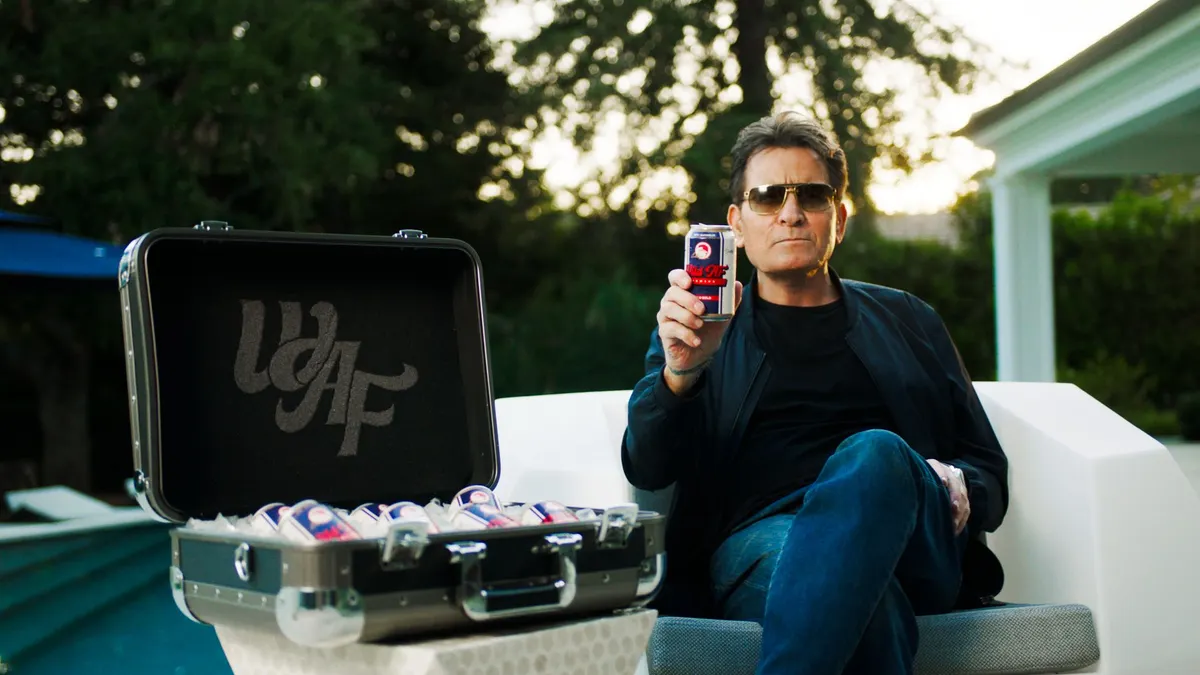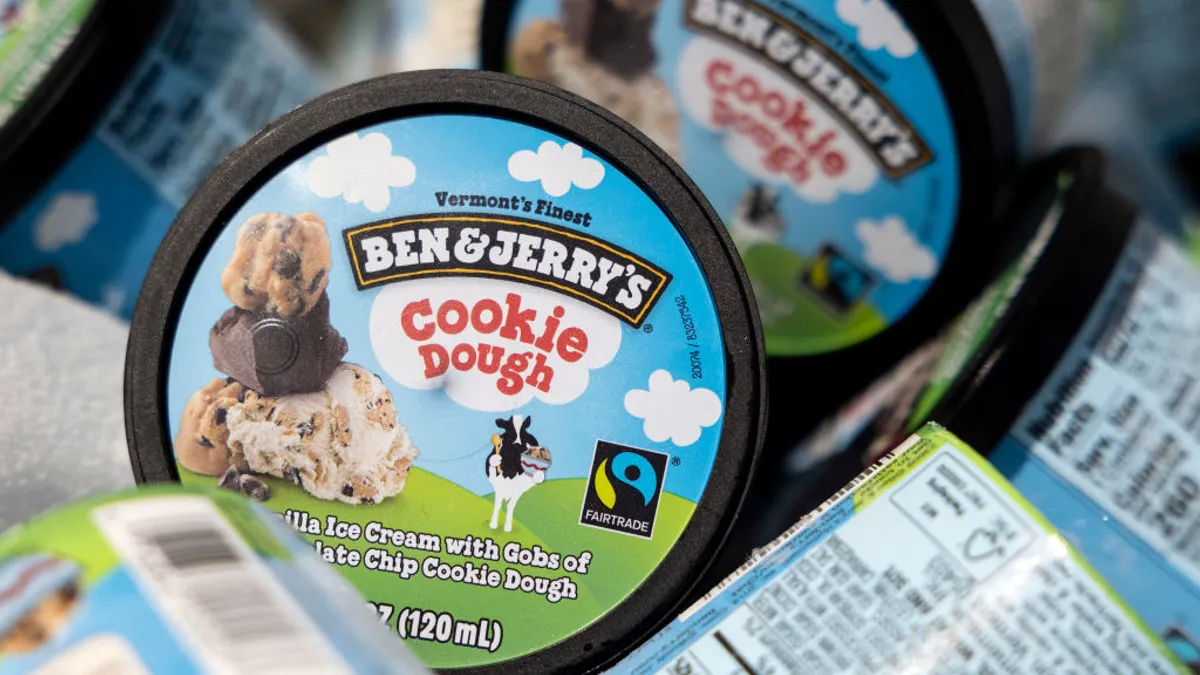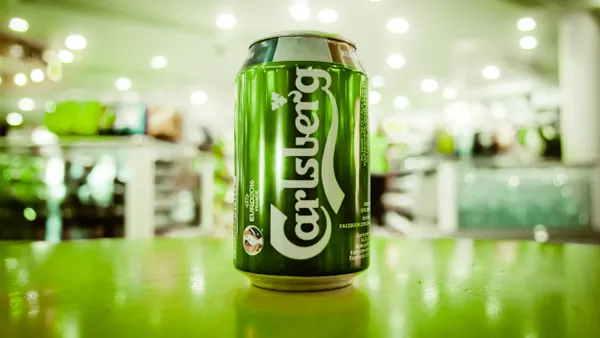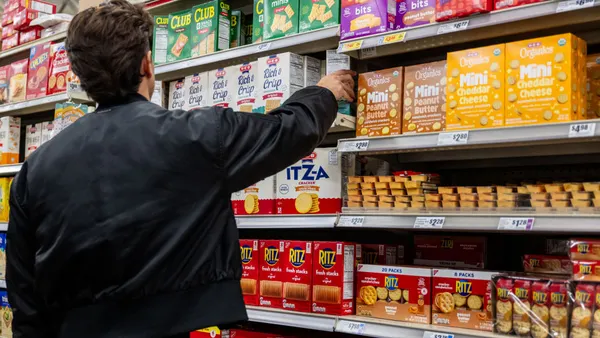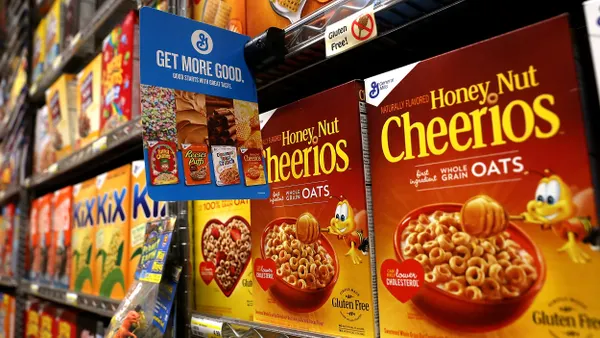Dive Brief:
- The CEO of National Beverage, which owns La Croix, issued an exclamation-point-riddled, all caps filled press release on Thursday in response to the company’s shares falling 8% in a week, and 22% in a month, according to The Street.
- Nick Caporella wrote that analysts and short-sellers were to blame for the stock’s declines, adding that "THE OBSCURE SILVER LINING IS A UNIQUELY-INDUCED OPPORTUNITY," likely implying it’s a good time to buy the stock at a lower price.
- The press release began with “FIZZ revenues have grown 60% over the last ten years,” Caporella declared, “ALL ORGANIC GROWTH – NO ACQUISITIONS! Organic growth has now ACCELERATED! ….First quarter 2018 – BEST EVER! Second quarter growth – STEADFAST!” The company has not commented further on the release.
Dive Insight:
Sometimes everyone needs to rant. After a frustrating day at work, many people go home to complain to significant others, pets or houseplants. Most people don’t issue press releases.
Some may see this as a less than shrewd business move for the CEO of National Beverage. However, the uniquely punctuated statement was not entirely unexpected. Caporella put out a similarly styled release following the company’s first quarter earnings report earlier this year.
The 81-year-old founder’s emotional responses to company news, both good and bad, would be a larger liability if he didn’t own almost 74 percent of National Beverage’s shares. In short, there are fewer shareholders to report to. Still, the unorthodox press release was a hot topic online Friday, drawing more attention to the fact that the sparkling water company’s shares are declining than many would have noticed if he had stayed quiet.
If Caporella hoped to rebuild National Beverage’s stock price with his response, he failed. Shares were down 1.26% to $96.44 in Friday afternoon trading, their lowest level since July.
To say other CEOs have handled far greater crises better would be an understatement. In 1982, seven people died after taking cyanide-laced extra-strength Tylenol capsules sold in five Chicago stores. James Burke, then-CEO of Johnson & Johnson, responded by spending $100 million to recall 31 million bottles of Tylenol and re-launching the product two months later with new tamper-proof packaging. Burke received the Presidential Medal of Freedom for his response, and has been cited countless times for his impressive example of good crisis management.
Other CEOs, like United Airlines Oscar Munoz, have not responded as well when under fire. In April, a passenger on a United Express flight from Chicago to Louisville, KY, was told he would have to get off the plane so his seat could be given to a United crew member. That passenger refused, saying he was a doctor and needed to see patients. Security officers were called, physically removing the man from his seat. Fellow passengers recorded the incident; capturing both his bloody face and limp body being dragged down the aisle.
Munoz’s initial response was to stand by his employees and apologize for having to “reaccomodate” passengers. There was no mention of any violence or wrongdoing on the airline’s part. Only after a media firestorm raged for a day and a half did Munoz finally admit anything was done incorrectly.
Caporella had a far easier situation to deal with. Instead of dead or injured customers, he wanted to respond to falling share prices.
But his response is reflective of the language commonly seen on social media today. Since that medium is how many people communicate today — from CEOs to politicians to former classmates — these types of emotional statements from the top may become more commonplace.


